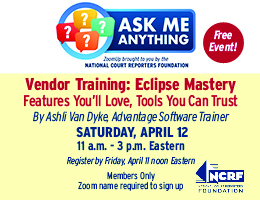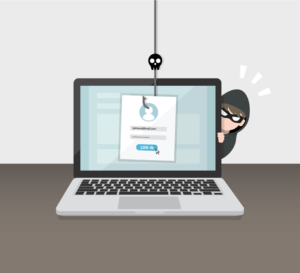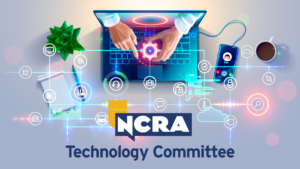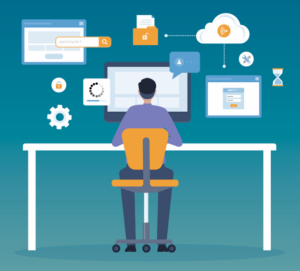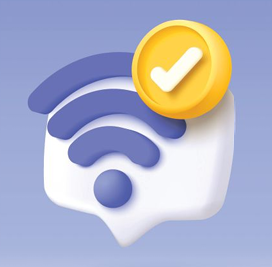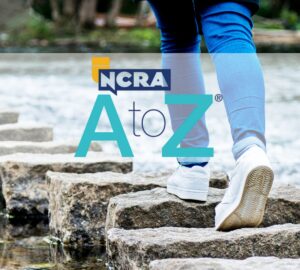As with much in life, much about security on the Internet depends on how much risk you’re willing to take, if you know. If you don’t know, much depends on how lucky you are.
Should you sit back and take your chances? “Sniffers” can make this risky, but a “virtual private network,” or VPN, service can put the odds back in your favor.
With Internet security in general, the
idea is to prevent hackers from finding ways into your computer, where they can capture your data, access your bank account or credit card, or take over your computer and use it to send out spam or take over the computers of others.
Many procedures are set up to protect you by default. Today’s computer operating systems come protected with their own firewall and antivirus software, though as usual better software can be had elsewhere through third-party vendors such as Symantec and Trend Micro.
Today’s best websites are protected through “Secure Sockets Layer,” or SSL, which encrypts information to or from the site and your computer or other device. Sites protected this way have Internet addresses beginning with “https” instead of “http.”
Passwords are required for many sites, and you can further your own protection by picking difficult-to-crack passwords that consist of a combination of at least eight letters, numbers, and special characters, with 10 or 12 being even better.
Banking and other websites holding sensitive data of yours typically require or give you the choice of two-factor authentication, such as asking you for the answers to selected questions you’ve previously given or texting to your cell phone a second temporary code or password when you try to log in.
Making sure you keep your operating system and software updated is also important in preventing hackers from finding cracks that let them find their way into your system.
In the office or at home, if you’re using a router, make sure it’s secured. You should have had to type in a security key, a type of password, to access it initially. The security key is often written on the outside of the router.
When you’re on the road, you should take special precautions. The free or lowcost Wi-Fi provided by many hotels, airports, libraries, bookstores, and coffee shops can be a great convenience. But not all such Wi-Fi providers provide a secure connection.
Secure connections require you to type in a security key or password provided to you by the facility. The best Wi-Fi security today is WPA2, with the earlier WPA a step behind. WEP is even less secure. And many facilities providing free Wi-Fi provide only unsecured connections.
The problem is packet analyzers or sniffers. This software serves legitimate purposes such as letting a company analyze its network traffic to best use its bandwidth or to monitor intrusion attempts. But the same software can be used by a would-be intruder sitting two seats down from you in the coffee shop. Such programs include Firesheep and Reaver.
At a Barnes & Noble bookstore once, I thought the connection was secure. But someone had captured my email address, password, and the email addresses of people I emailed. The next day my email recipients got an email impersonating me and making me sound foolish, a sophomoric joke probably by someone around the age of a college sophomore. It could have been worse.
Now I use a VPN service. Three highly recommended VPN services, getting good reviews in the computer press and anecdotally from fellow users, are Hotspot Shield (www.anchorfree.com), WiTopia (www. witopia.net), and Private WiFi (www. privatewifi.com).
In some cases a free, limited VPN version exists. When you’re protecting yourself in this way, it probably makes sense if possible to spring for the beefed-up pay version. You simply download and install the software before you use a public Wi-Fi hotspot. You can keep the software running all the time, or you can disable it temporarily when you’re back to using a secure business or home connection.
Other benefits of VPNs are anonymous browsing and access to content in foreign countries that may be be restricted to U.S. users.
VPNs use authentication and encryption to provide virtual private tunnels for your data through the public Internet. In some cases, with VPN vendors that have lots of servers, your Internet speeds actually increase. In other cases speeds can slow down slightly or remain about the same.
What it comes down to is: How sensitive is your data? How much risk are you willing to take with it?

